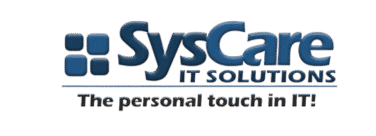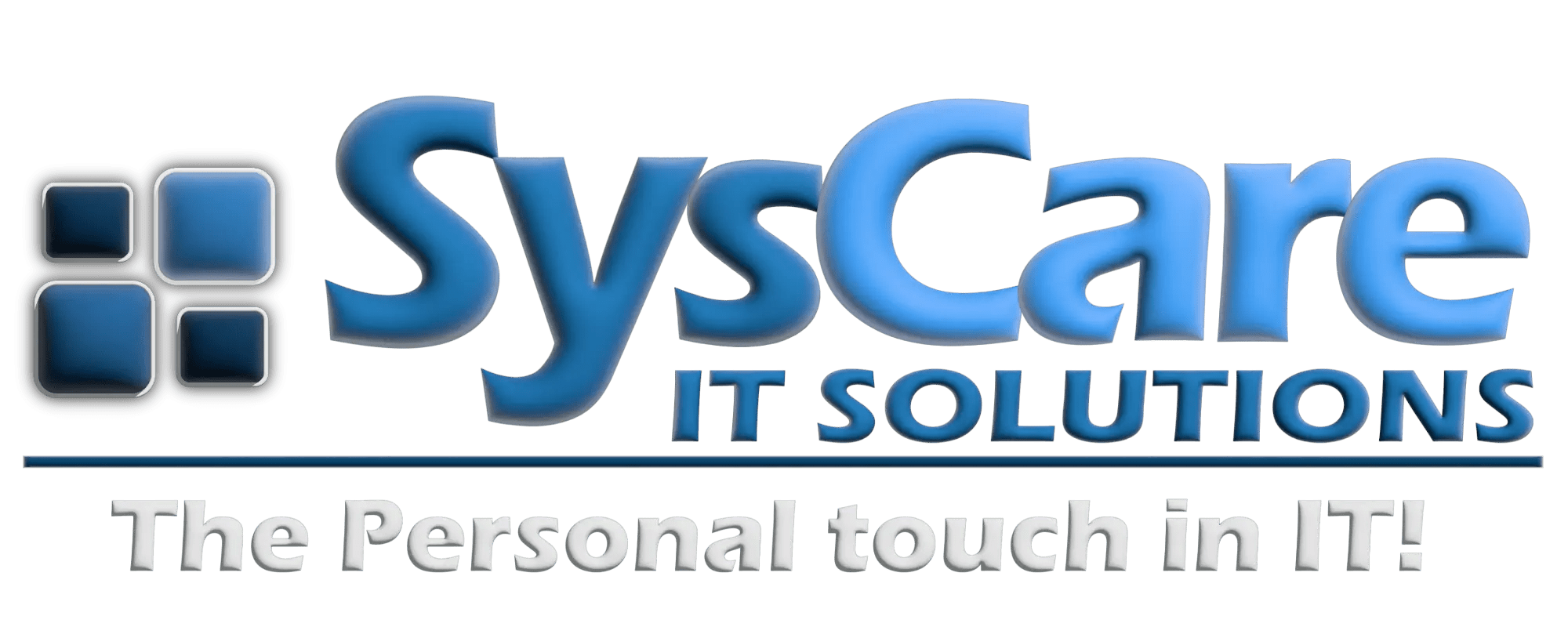In today’s competitive job market, Sri Lankan students and professionals often face a common question when choosing IT education: “Should I follow a short course or a professional diploma?” With new technology roles emerging rapidly and companies demanding job-ready skills, understanding the difference between these two learning paths is more important than ever. In this article, we explore short courses vs diplomas in Sri Lanka, their benefits, limitations, recognition, and which option suits different types of learners.
What Are Short Courses?
Short courses are quick, skill-focused programs that usually run from 2 weeks to 3 months. These courses target one specific area, such as:
- Basic IT skills
- Web design
- Digital marketing
- Cybersecurity fundamentals
- Data analysis basics
- Graphic design
- Networking essentials
The purpose of a short course is simple — learn one practical skill fast and apply it immediately.

✔ Pros of Short Courses
- Short duration – Ideal for quick upskilling.
- Affordable cost – Suitable for school leavers or beginners with limited budgets.
- Skill-focused – Helps learners acquire one practical competency quickly.
- Great for career switching – People can test a new area without long-term commitment.
- Supports freelancers – Especially in design, digital marketing, and development.
✘ Cons of Short Courses
- Lower recognition – Employers prefer diplomas for full-time jobs.
- Limited depth – Short courses cover basics but not the full job role.
- Not ideal for long-term career building – You may need additional qualifications later.
What Are Professional Diplomas?
Professional diplomas are structured, long-term training programs that usually run for 6 months to 1.5 years. These courses provide deeper knowledge and prepare students for industry-recognised job roles, such as:
- Software Engineer
- Network Technician
- Graphic Designer
- Cybersecurity Analyst
- IT Support Engineer
- Data Analyst
- UI/UX Designer
Diplomas focus on theory, practical labs, projects, and assessments, making them more comprehensive.
✔ Pros of Professional Diplomas
- Higher industry recognition – Employers value diplomas for full-time jobs.
- Deeper learning – Covers theory + practicals + assessments.
- Career-focused modules – Helps learners build an actual career path.
- Better job opportunities – Especially at entry-level positions.
- More suitable for overseas opportunities – Many countries accept diploma-level qualifications.
✘ Cons of Diplomas
- Longer duration – Requires time commitment.
- Higher fees – Investment is bigger compared to short courses.
- May feel overwhelming for complete beginners – Especially without proper guidance.
Short Courses vs Diplomas in Sri Lanka: Which One Should You Choose?

Choosing between a short course and a professional diploma depends on your goals, budget, and current skill level. Here’s a comparison to help you decide:
1. If You Are a School Leaver (After O/L or A/L)
Best choice: Professional Diploma
Reason:
Employers look for recognised qualifications, and a diploma gives you depth, portfolio work, and job readiness.
2. If You Are Already Working and Need a Quick Skill Boost
Best choice: Short Course
Reason:
Short courses help you update your knowledge quickly without committing to a long program.
3. If You Want to Start a New Career in IT
Best choice: Professional Diploma
Reason:
To enter fields like cybersecurity, software development, networking, cloud, or UI/UX, you need structured training.
4. If You Are a Freelancer
Best choice: Short Course + Portfolio Building
Reason:
Freelancers benefit from highly practical, fast-learning courses such as graphic design, social media marketing, and web design.
5. If You Plan to Work Overseas
Best choice: Professional Diploma
Reason:
Diplomas have stronger recognition globally, supporting migration and international job applications.
Industry Recognition in Sri Lanka (2025 Update)
Sri Lankan employers in the IT industry increasingly prefer candidates who have:
- A professional diploma
- Hands-on project experience
- An updated portfolio
- Certifications (AWS, Cisco, CompTIA, Google)
While short courses help you build skills, a diploma shows commitment, knowledge depth, and career readiness.
Which Option Gives Better Job Opportunities?
If you want faster employment, a diploma has more weight.
If you want faster skills, a short course is enough.
But many successful professionals in Sri Lanka combine both:
Start with a diploma → Add short courses → Build portfolio → Apply for jobs confidently.
Final Verdict: What’s Better for Sri Lankan Job Seekers in 2025?
There is no “one size fits all,” but based on job market trends:
- Professional Diplomas are best for long-term career development.
- Short Courses are best for specific skill upgrades.
For someone serious about securing a stable IT job, a diploma provides stronger recognition, more depth, and better career opportunities.
For someone looking to learn quickly or switch areas, short courses offer flexibility and immediate skill gains.
In short, when comparing short courses vs diplomas in Sri Lanka, the right choice depends on your goals — but most job seekers benefit from starting with a diploma and enhancing their skills with targeted short courses.





